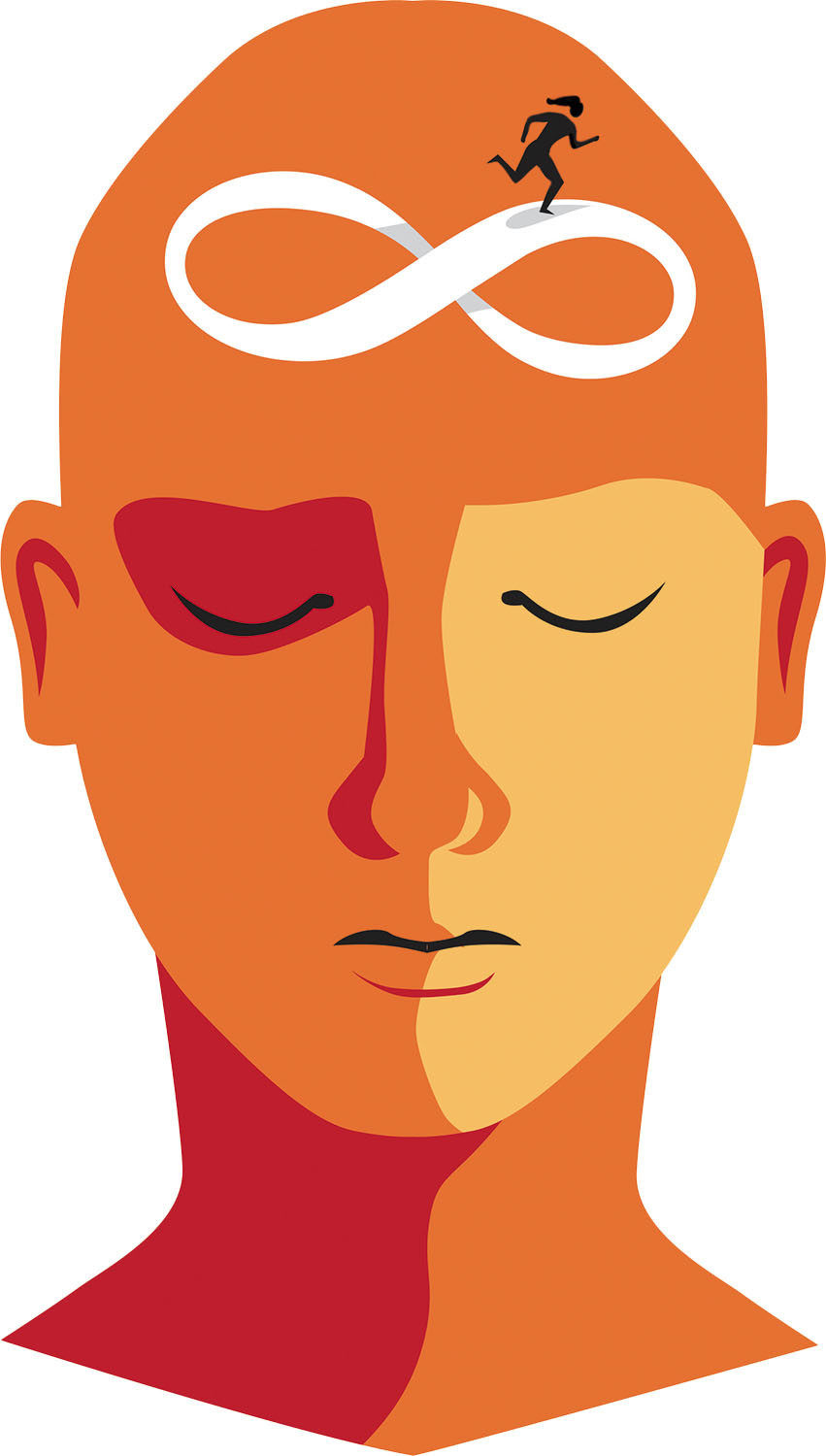
Can a routine vaccine prevent dementia?

Some adults may need a measles booster shot. Who should get one and why?

Less butter, more plant oils, longer life?

Healthier planet, healthier people

Counting steps is good — is combining steps and heart rate better?

Appendix pain: Could it be appendicitis?

Can saw palmetto treat an enlarged prostate?

How does Ozempic work? Understanding GLP-1s for diabetes, weight loss, and beyond

Zinc: What it does for the body, and the best food sources

Respiratory health harms often follow flooding: Taking these steps can help
Stress Archive
Articles
Meditation: A heartfelt habit?
A meditation practice may help lower blood pressure and encourage people to make healthier choices when coping with stress. The two best-studied forms are Transcendental Meditation, which may lower blood pressure, and mindfulness-based meditation, which may reduce stress, anxiety, depression, and blood pressure. People can learn how to meditate at in-person or virtual classes or by using an app.
Can your blood tests predict your future risk of stress, anxiety, or depression?
A 2024 study found that people with high blood sugar and high triglycerides are more likely to develop chronic stress, anxiety, or depression later in life, compared with people who have low or normal blood sugar levels.
Caregiving crisis
Nearly three-quarters of caregivers are 50 or older, and more than 75% are women. Research has linked caregiving to many physical and mental effects, including depression, anxiety, pain, and heart disease. Many caregivers don't attend to their own health and may avoid or skip medical appointments. To address these burdens, caregivers can look into respite care, call their local Agency on Aging, ask for help from friends, and schedule telehealth visits with doctors or therapists.
Understanding the stress response
Research suggests that prolonged stress is linked to high blood pressure, clogged arteries, anxiety, depression, addictive behaviors, and obesity.
Managing intrusive thoughts
Intrusive thoughts are unwanted thoughts or mental images that make people feel uncomfortable. They're common, affecting some six million Americans and can be effectively managed using tools such as cognitive behavioral therapy. They can be associated with mental health disorders such as obsessive-compulsive disorder or post-traumatic stress disorder, but many people who experience them don't meet the criteria for a mental health disorder. The thoughts may be triggered by stress or anxiety.
Fighting fatigue
Fatigue is a common symptom that can be caused by a whole host of factors, from medical conditions to stress and poor sleep. In order to ease ongoing fatigue, it's important to investigate and treat the underlying cause. Fatigue that doesn't respond to interventions or is severe or persistent should be brought to the attention of a doctor. It may be caused by a medical condition.
Why you should "Walk with a Doc"
Walk with a Doc is a nonprofit program founded by a cardiologist that sponsors free, doctor-led walks in mostly outdoor venues (usually public parks) in 560 sites across America. The walks last 30 to 90 minutes, are usually held once per month, and include a five-minute talk about various health topics by the physician. In addition to the exercise and education, participants benefit from the camaraderie and time spent in nature.
Stress at work takes a toll on the heart
Men who report specific types of job-related stress face a higher risk of heart disease than those without such stress, according to a 2023 study.

Can a routine vaccine prevent dementia?

Some adults may need a measles booster shot. Who should get one and why?

Less butter, more plant oils, longer life?

Healthier planet, healthier people

Counting steps is good — is combining steps and heart rate better?

Appendix pain: Could it be appendicitis?

Can saw palmetto treat an enlarged prostate?

How does Ozempic work? Understanding GLP-1s for diabetes, weight loss, and beyond

Zinc: What it does for the body, and the best food sources

Respiratory health harms often follow flooding: Taking these steps can help
Free Healthbeat Signup
Get the latest in health news delivered to your inbox!
Sign Up











